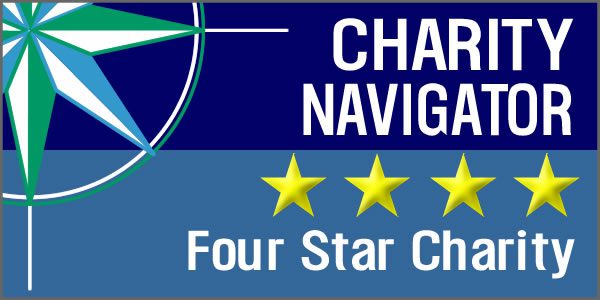Charles Brennan provided testimony in support of House Bill 24-1129, Protections for Delivery Network Company Drivers. CCLP is in support of HB24-1129.
Recent articles
CCLP testifies in support of TANF grant rule change
CCLP's Emeritus Advisor, Chaer Robert, provided written testimony in support of the CDHS rule on the COLA increase for TANF recipients. If the rule is adopted, the cost of living increase would go into effect on July 1, 2024.
CCLP testifies in support of updating protections for mobile home park residents
Charles Brennan provided testimony in support of House Bill 24-1294, Mobile Homes in Mobile Home Parks. CCLP is in support of HB24-1294.
CCLP’s legislative watch for April 5, 2024
For the 2024 legislative session, CCLP is keeping its eye on bills focused on expanding access to justice, removing administrative burden, preserving affordable communities, advocating for progressive tax and wage policies, and reducing health care costs.
Charity Navigator awards CCLP Four-Star ranking for the third consecutive year

Colorado Center on Law and Policy (CCLP) is pleased to announce that it has been awarded the prestigious and highly coveted Four-Star ranking by Charity Navigator for the third consecutive year.
In awarding CCLP with their top possible rating, Charity Navigator attested that we exceeded industry standards for strong financial health, accountability and transparency. Charity Navigator performs annual evaluations of more than 1.5 million charities in the United States, and only 25 percent of them have ever achieved a Four-Star rating for three consecutive years — demonstrating that CCLP outperforms most nonprofit organizations in the country in meeting the many requirements and best practices needed to be certified as a Four-Star charity.
This result is a testament to the hard work of all CCLP staff, who are dedicated to ensuring CCLP remains at the pinnacle of openness, transparency, and good financial management to inspire the confidence of all funders, donors and partners in our community. CCLP takes the trust placed in us by the public very seriously, and we believe that in order to serve our Colorado community and execute our mission we must also devote ourselves to being good stewards of our financial resources.
“I share this good news in celebration with all CCLP staff and board members, current and former, who have worked so hard to set this organization on the path of exceptional financial stability and transparency such that we could be recognized as one of the top performing nonprofit organizations nationwide, year after year,” said Tiffani Lennon J.D. LL.M, Executive Director of CCLP. “We couldn’t have achieved this exceptional rating without strong continuing support from our funders and donors.”
Beyond the third consecutive Four-Star rating from Charity Navigator, CCLP has been able to continuously improve its financial efficiency over the last several years, leading to a steady decline in the percentage of our budget dedicated to fundraising and administration. As of 2020, we anticipate that less than $0.17 of every dollar in our budget will be spent on administration, fundraising and other overhead. This means that more than 83 cents of every dollar will be spent directly on our advocacy programs this year — significantly exceeding the standards of most nonprofits. This remarkable financial efficiency means that your donation to CCLP has maximum impact on achieving our mission and goals and that you as a donor or partner of CCLP are truly getting the most bang for your buck. We pledge to you to continuously strive for excellence in this regard and we hope in return you will continue to pledge your support to CCLP. Thank you!
Find out how you can support CCLP’s work through this link.
About Colorado Center on Law and Policy: Founded in 1998, CCLP is a nonprofit research, legislative and legal advocacy organization committed to promoting racial equity and economic security for Coloradans facing poverty. CCLP works on issues regarding access to food, health, housing and income. Learn more at copolicy.org.
About Charity Navigator: There is an unprecedented demand from savvy donors for greater accountability, transparency and quantifiable results from the charities they choose to support. In this competitive philanthropic marketplace, Charity Navigator highlights the fine work of efficient, ethical, and open charities. As America’s premier charity evaluator, Charity Navigator is the gold standard in providing donors with essential information needed to give them greater confidence in the charitable choices they make.





